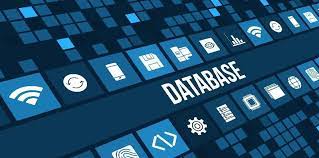Mastering Database Management Systems (DBMS): From Fundamentals to Advanced Techniques

About Course
Unlock the power of data with our comprehensive course on “Mastering Database Management Systems (DBMS): From Fundamentals to Advanced Techniques.” In today’s data-driven world, effective database management is essential for businesses and organizations of all sizes. Whether you’re a beginner looking to build a strong foundation in DBMS or an experienced professional seeking to enhance your database skills, this course equips you with the knowledge and expertise needed to excel in the world of data management.
Student Ratings & Reviews

No Review Yet